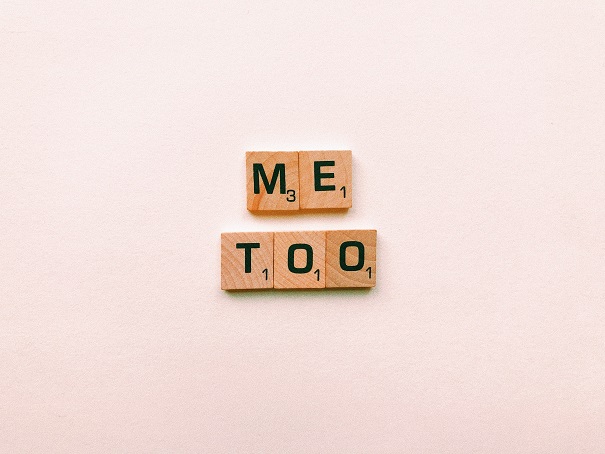Gender-based violence and sex crimes tend to occur after extreme climate change and natural disasters.
In a new study published in the journal The Lancet Planetary Health, researchers analyzed data from five continents and discovered that increased violence against women and girls occurred in the aftermath of natural disasters, including floods, droughts, hurricanes and other extreme weather events. Moreover, these events are happening more frequently because of changing climate conditions. The authors note that humanitarian groups tasked with addressing weather disasters should be aware of this phenomenon.
“When we think of climate change effects, we think of some very drastic and very visual things, things like floods, disruptions of cities, supply chain disruptions – which are all very valid and very real risks of climate change,” said study author Sarah Savić Kallesøe, a public health researcher at Simon Fraser University in Canada. “But there are also some more veiled consequences that are not as easily visible or easily studied. And one of those things is gender-based violence.”
The research team combed through online databases to find previous studies on rape, sexual assault, child marriage and other forms of gender-based violence following natural disasters related to drastic changes in weather conditions. They limited their search to broad keywords such as “violence,” “women,” and “weather,” and this returned more than 20,000 results, each of which Savić Kallesøe and her colleagues screened one-by-one to determine their relevancy.

They found “41 studies that assessed links between gender-based violence and extreme weather,” were relevant to their current research. They then assigned a grade to each study’s methodology based on how extensive it was using standard rules for evaluating data quality.
“Although many of the papers were flawed and a few contradicted each other, most studies – especially the higher quality ones – reported a rise in gender-based violence following extreme weather,” Savić Kallesøe said.
One study found that new moms were “more than eight times as likely to be beaten by their romantic partners after Hurricane Katrina if they had suffered storm damage than before the storm hit.” A handle of other studies of “good or fair quality” linked a “drought in sub-Saharan Africa to upticks in sexual and physical abuse by romantic partners, child marriage, dowry violence, and femicide.”
Survivor interviews showed that “seeking disaster aid can make women more vulnerable.”
“The shelter is not safe for us. Young men come from seven or eight villages,” said one survivor to researchers after Cyclone Roanu in Bangladesh in 2016. “I feel frightened to stay in the shelters. I stay at my house rather than taking my teenage daughter to the shelters.”
Lindsay Stark, a social epidemiologist at the Brown School of the Washington University in St. Louis, said, “The pattern is something that those of us who are working in the humanitarian space know intrinsically, because we see it all the time. So, it is very nice to see this distillation of the evidence.”
Savić Kallesøe stressed that she and her colleagues found gender-based violence is “exacerbated by extreme weather conditions because it’s a type of coping strategy at the expense of women, girls, and sexual and gender minorities.” There is no direct correlation between climate change and increases in these trends. Rather, the problem is that extreme weather conditions can put people under much added stress, force them into crowded camps, and make them vulnerable to sexual assaults and violence.
Sources:
Climate Change Could Intensify Violence Against Women, Study Says


Join the conversation!